“When it comes right down to it, I’ve decided, almost every relationship involves two people with intense insecurities masked by whatever behavior it takes to keep those insecurities from being exposed, while at the same time revealing their equally desperate need to have them exposed, even embraced.” – from White Plains
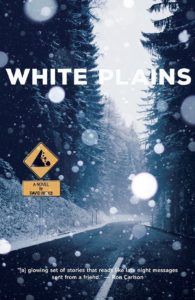 I’m pleased to welcome David Hicks to VBlog for this installment of Fiction Favorites & Awesome Authors. His debut novel White Plains is the story of a young man’s search for himself. We first meet the protagonist, Flynn Hawkins, when he’s twenty-two, a graduate student and teaching assistant in the English department of a fictional New York college. In the final chapter, we see Flynn at age forty, just beginning to internalize some valuable life lessons. He has taken a big step closer to self-knowledge, openness, and honesty with himself and others, but he still has a distance to travel.
I’m pleased to welcome David Hicks to VBlog for this installment of Fiction Favorites & Awesome Authors. His debut novel White Plains is the story of a young man’s search for himself. We first meet the protagonist, Flynn Hawkins, when he’s twenty-two, a graduate student and teaching assistant in the English department of a fictional New York college. In the final chapter, we see Flynn at age forty, just beginning to internalize some valuable life lessons. He has taken a big step closer to self-knowledge, openness, and honesty with himself and others, but he still has a distance to travel.
Flynn’s journey is told in a series of connected stories from different viewpoints. As a fan and writer of short fiction, I relished each chapter as a standalone piece of great writing. Many of the chapters were previously published in literary journals. Most are told from Flynn’s viewpoint, in first person or third person, and several others are told by the people in Flynn’s life: a professor, a close male friend, a high school coach, Flynn’s sister, wife, son, and daughter. This technique renders the most fully-drawn character I’ve seen anywhere.
The stark contrast between Flynn’s perception of himself and how others see him is a variation on a theme that intrigues me and is woven into my courtroom fiction: what is truth or reality but a set of widely varying, subjective points of view? At a criminal trial, ten witnesses will describe the same event ten ways, often inconsistently. In the context of personal relationships, the inability to appreciate the impact of one’s behavior on others can be self-destructive. Flynn’s story, as told from different viewpoints, serves as a wake-up call for the need to step outside oneself as a means of self-examination.
What did I think of Flynn? I flip-flopped between loving and hating him, losing all respect for him and regaining it. He tries so hard that I wish him well. I don’t count my wildly shifting feelings for him as a detraction from the quality of the read. Quite the contrary. This book draws you in. There’s intensity, wit, depth, tenderness, and beauty in the prose. The good and the bad—that’s what makes a complete person. Throughout Flynn’s journey, dear reader, you are going to feel a lot of emotion, and that’s the stuff of great fiction.
I enjoyed this book right through to the last paragraph of the afterword. The author acknowledges his family for co-authoring the story of his life, “which, thanks mainly to them…, seems to be building towards a happy ending. May it, like the final chapter of this book, be just a tad too long.” The last chapter of the book may be the longest, but for me, it was the best. After all the ups and downs, I was glad to see, at last, that Flynn made some real progress in his quest for self-actualization. The people in his life are going to start feeling a whole lot better about him too.
And now, I’m happy to welcome David Hicks to VBlog. Thank you for joining me!
It’s my pleasure! A big hello to all your readers.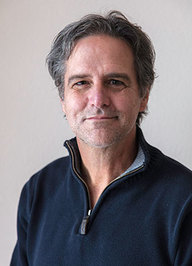
White Plains is a resonant work of art. Tell us about its conception and your process. Did the project start as a single short story that begged to be expanded, or did you plan a novel in the form of linked short stories from the start?
Neither! I was just going about my business as a short story writer, publishing in some wonderful literary magazines, when I decided I had enough stories for a collection. Most of my published stories are somewhat autobiographical—I tend to write about times in my life when something shifted for me—and while I was at an artists’ residency in Wyoming I made it my goal to put the stories together in book form. I tried out different arrangements, but it was when I experimented with putting the stories in chronological order (not according to their publication dates but according to the main character’s life) that I realized it could be a novel instead of a collection—there was, in other words, an overall conflict, crisis, and resolution to the whole book. But since it wasn’t written as a novel, I now needed to revise it as a novel, and that meant “filling in the gaps” of the overall narrative. I did that by adding chapters from other characters’ points of view. (I got that idea from a wonderful book called The Last to Go by Rand Richards Cooper.) After that, it felt more like a novel, and I felt justified pitching it as such.
Some of the chapters from Flynn’s point of view are written in first person and some are written in third person. How did you decide which to use?
As a general rule, when I write something that’s a little too autobiographical, I write in third person. It gives me a little distance from myself. I am able to say, “Wow, look at you, what the hell were you thinking when you did that?” And it also helps me to craft my real-life event as a story rather than emotionally “dumping” onto the page. And when it’s not very autobiographical, I narrate in first person, to force myself into a more intimate voice. It also depends on the situation: for example, the chapter that shows when everything changes for young Flynn—when he’s living in Manhattan during 9/11—was originally written in second person (my editor advised me to change it to third person), because it evokes the kind of shell-shocked feeling that seems appropriate for the subject matter.
Do you consider Flynn a reliable narrator? Tell us about your decision to incorporate other voices.
Absolutely not—he’s completely unreliable, especially at first. (Towards the end, he becomes more reliable.) Isn’t that how we all are? And that’s what we like; we like hearing unreliable accounts of events from our friends and family. (How many of us, when hearing a friend’s story of an argument with their spouse or a terrible boss, actively set about contacting the spouse or boss to get a fair version of the story?) It’s the same when we read. Think of Nick Carroway in The Great Gatsby (who has very little idea what has really happened during key scenes), or Dostoevsky’s narrator in Notes from Underground (who’s view of himself and others is irreparably distorted)—we enjoy it when narrators “tell the truth but tell it slant.”
One of my favorite chapters, a very suspenseful one, involves Flynn driving through a snowstorm and getting stranded in the Colorado Rockies. Did you have a similar experience that informed this scene?
That’s a good example of what I was talking about earlier: I wrote that story in third person because it’s almost one hundred percent autobiographical. For two years I lived in one of the most beautiful places in the country, but it’s also quite remote. I got a teaching job over four hours away and proceeded to “commute” there via an isolated route that traversed several mountain passes. I had no money (I was giving my ex-wife the bulk of my paycheck for child support), so I was driving on bald tires, and one week we got some serious snow and I almost died, both on the way there and on the way back. But at my worst moment, stranded in my car in a snowbank, I stepped out at four a.m. and witnessed a spectacular meteor shower in the clear night sky. And after that, I knew what I needed to do.
Do you have another novel planned or in the works?
I’m currently finishing a novel called The Gospel According to Danny, about the death of America as told by a waiter in Yonkers. It’s quite different from White Plains in that it’s a long, linear narrative with many dramatic events. I’m in love with it, but it’s been a very difficult novel to write, so I can’t wait to send it off to my agent.
Thank you for these illuminating insights, David!
Dear reader, to learn more about David Hicks and White Plains, visit his website by clicking here. To pick up a copy of White Plains, click here.


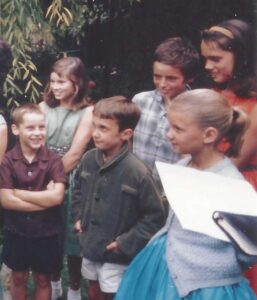
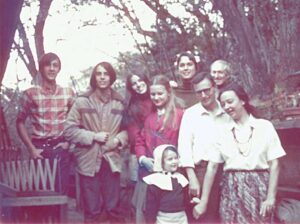
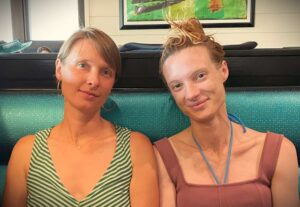

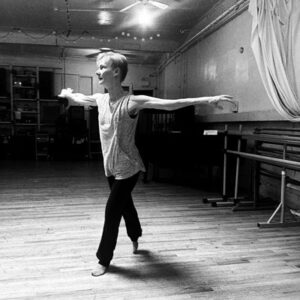

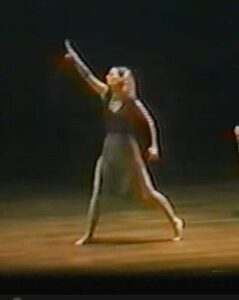
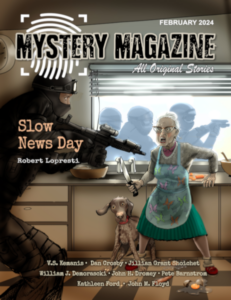
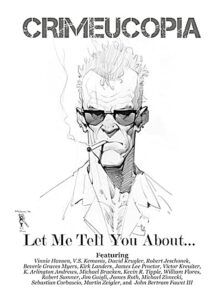
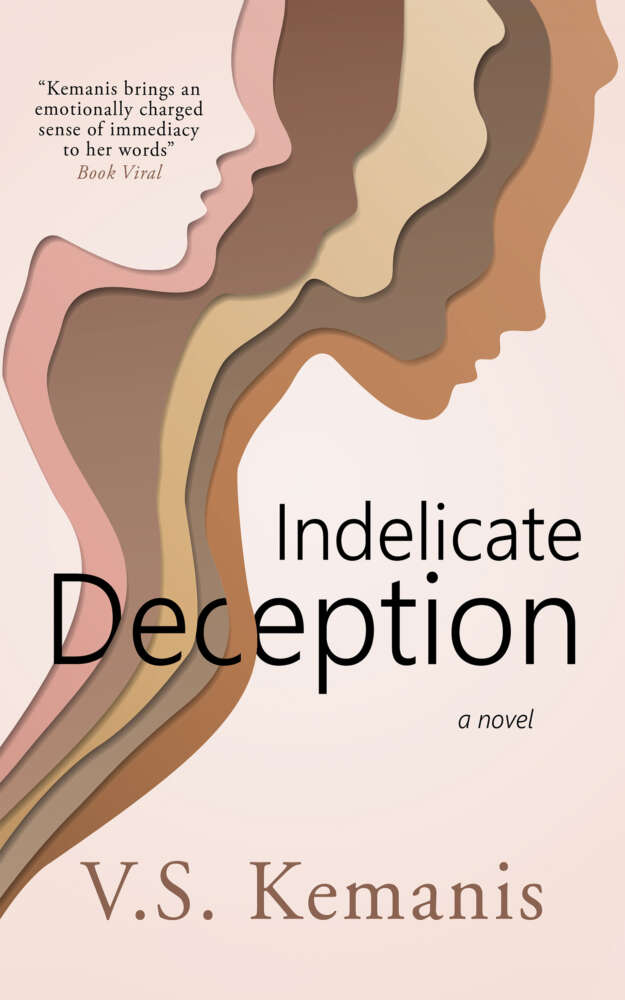


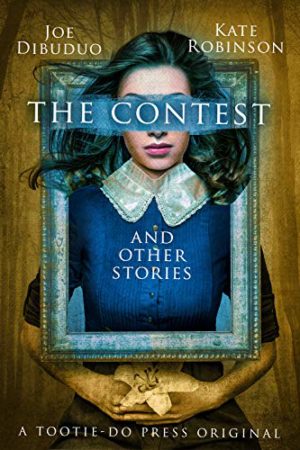
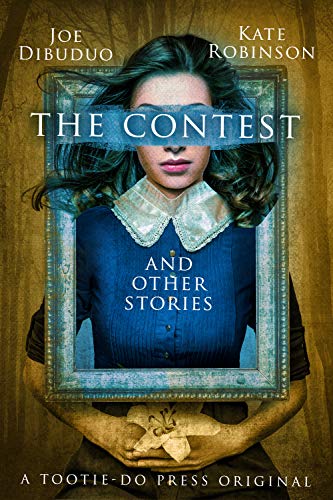

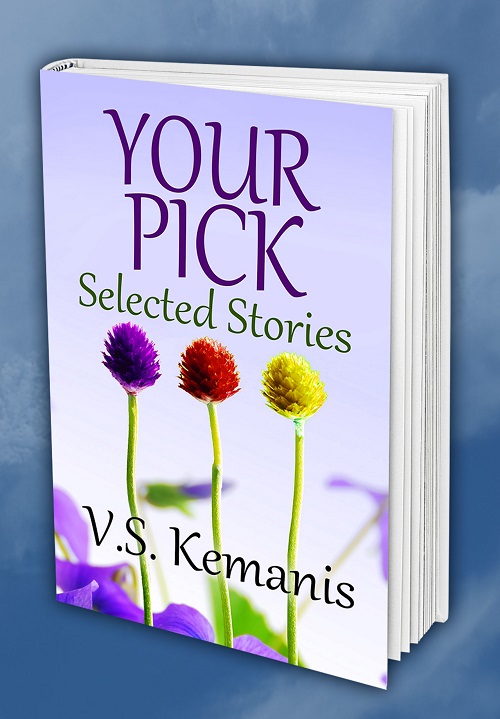
 I’m pleased to welcome David Hicks to VBlog for this installment of Fiction Favorites & Awesome Authors. His debut novel
I’m pleased to welcome David Hicks to VBlog for this installment of Fiction Favorites & Awesome Authors. His debut novel 